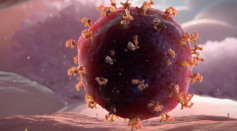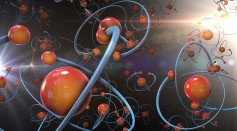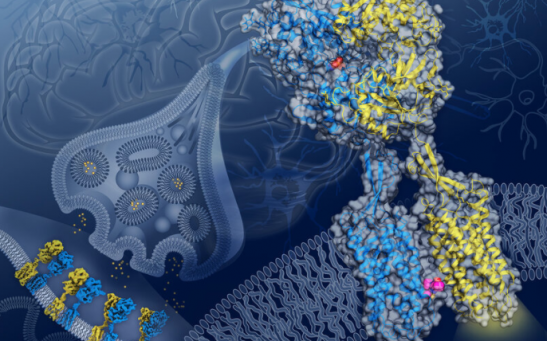Protein

Researchers Analyze How Immune Responses to Hepatitis C Applied to SARS-CoV-2

Stanford Bioengineers Manipulated Molecules to Create Proteins That Fight Off Cancer and Recreate Neurons

Scientists Discovered a Way for Vaccines to Withstand Warmer Temperatures for as Long as Three Years!

Researchers Discover 'Calcineurin', a Protein That Helps the Heart Mend Itself
Scientists are Tricking the Virus into Binding With "Decoy Proteins" that Mimics Doorway Receptors to Stop Infecting Cells
New Protein Hydrogel to Be the First Biocompatible Thermo-Responsive Drug Delivery Aid
Study Finds New Kind of Protein Present in Spider's Web
This Pet Food Manufacturer is Working on Cat Food to Help Out People with Cat Allergies
Obesity May Be Affected by Defects in the Immune System as Seen in Mice
Peptides Can Form Without Amino Acids
Researchers Discover New Potential Target in Brain Cancer
Scientists Discover New Virus-Killing Protein to Destroy Viruses Related to HIV
Suppressing Growth to Make Flowers Grow
Consuming Sugary, Fizzy Drinks With Protein-Enriched Foods Decreases Body’s Way Of Burning Fat, Study
Most Popular

How Technology Is Changing the Real Estate Industry?

AI Revolution in Medical Education: Transforming How Healthcare Professionals Learn

Zombie Star Set to Light Up Night Sky: Blaze Star Could Erupt Soon

Exploring Life Beyond Earth: Study Claims Other Planets Could Be Suitable for Alien Life






